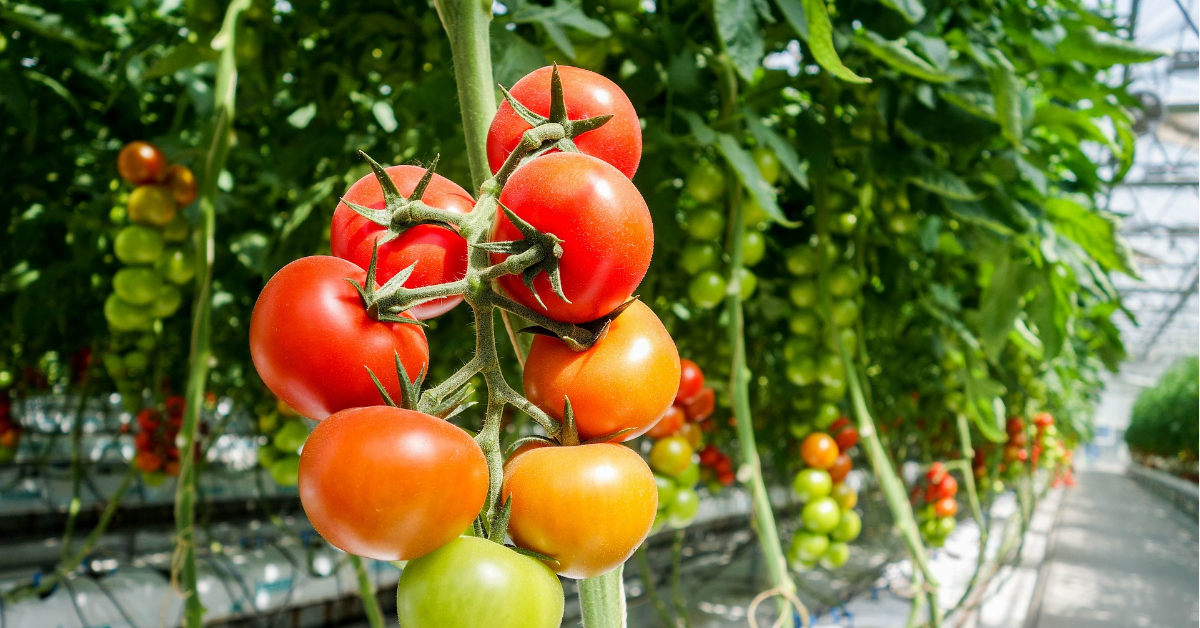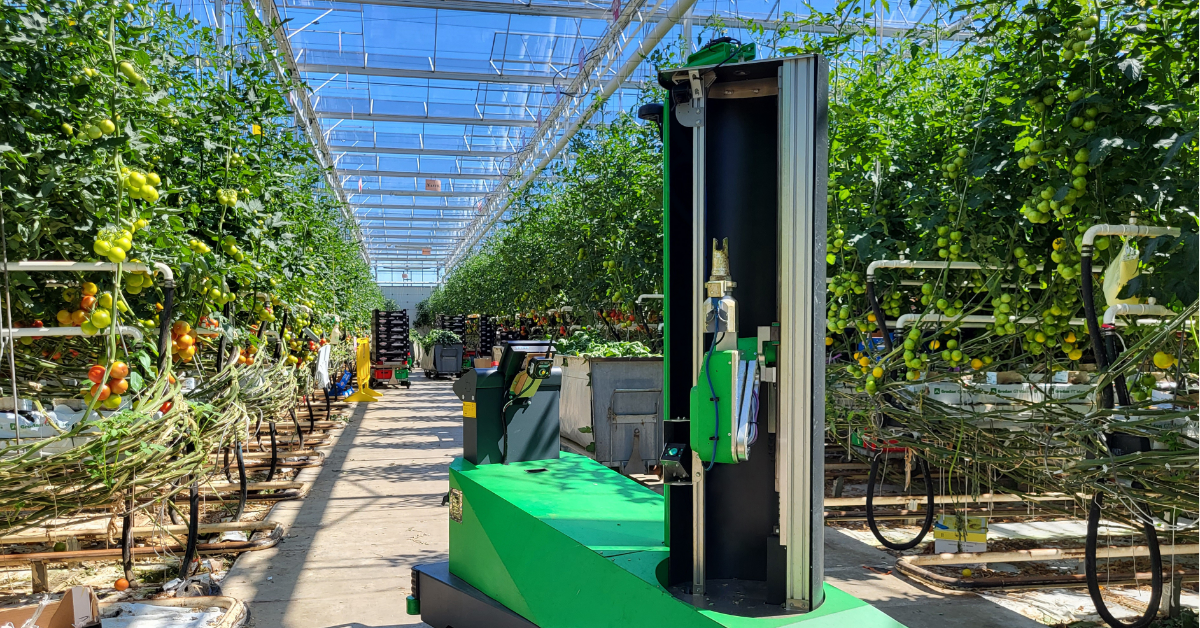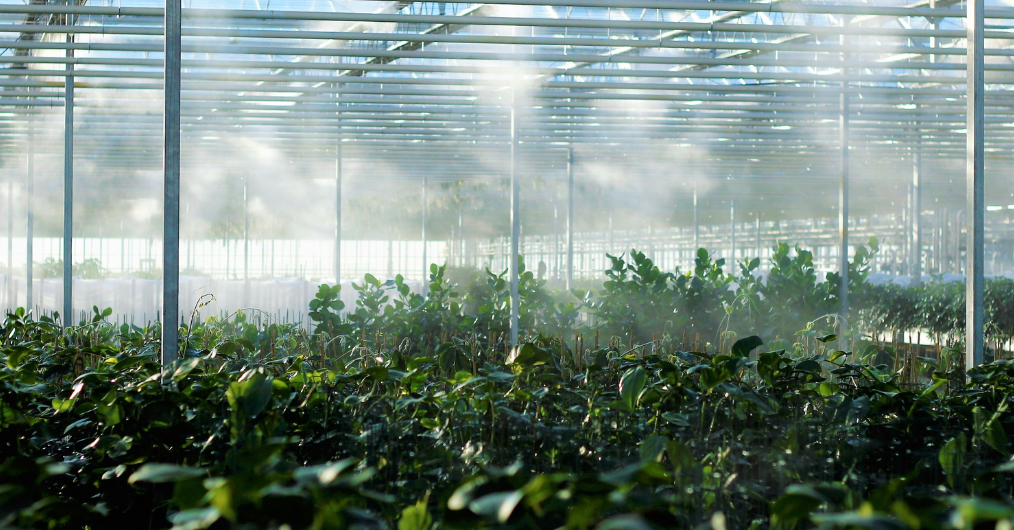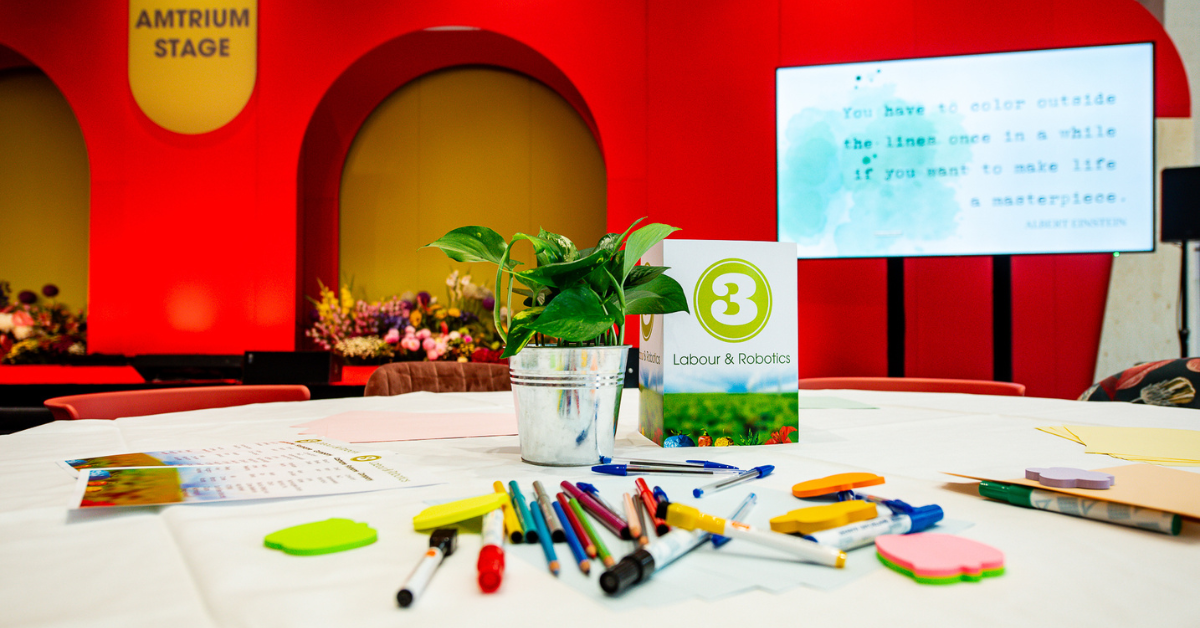‘Togetherness at the basis of sustainability’
 Author: Jacco Strating
Author: Jacco StratingSustainability is perhaps one of the most frequently heard topics in greenhouse horticulture. But words are not always followed by actions. Royal Lemkes, the leading supplier of plants to large-scale retail in Europe, is therefore taking the lead in striving towards a more sustainable floriculture industry. Dot on the horizon: a fully climate-positive range by 2030. “We have to do this together as a chain.”
Sustainability is in Royal Lemkes' DNA. The family business from Bleiswijk in the Netherlands has one of the largest solar panel roofs in the Netherlands, has reduced its CO2 footprint by installing LEDs and heat pumps, and stores electricity to deliver this to the net when demand is high. The company has also been committed to drastically reducing the number of transport movements for quite some time now. These are just examples of the sustainable efforts Royal Lemkes has made so far. Sustainability is now embedded in the overall vision of the company, says Sustainability Manager Elise Wieringa. “Sustainability is fully integrated into our corporate dream and goal. It is part of our business operations. We not only want to sell more plants by 2030, but it should also be plants that have zero impact or even have a positive impact on the environment. So, we can provide consumers with plants that mirror their sustainable needs.”
‘We owe it to the next generation’
Wieringa indicates that the choice to make sustainability part of the business operations was made by an intrinsic motivation of the entire management. “They believe we owe it to our children, grandchildren, and the world around us.” That is why Royal Lemkes is committed to making both its own organization and the total supply chain more sustainable step by step. “Making changes in your own company is relatively easy. You can make your own decisions and you can turn the switches yourself. But it is more difficult to change the floriculture chain as a whole. Because how do you get all parties in the chain involved?”
'Togetherness' is an important starting point, says Wieringa. “We have to do it together, internally and externally. Within Royal Lemkes we work hard as a team to achieve our objectives, outside the company we work together with our suppliers and customers. Not by telling them how to do it, but by starting the conversation, listening to each other and including other partners.” There is even cooperation with competing companies in the market, as happened, for example, in the 'Plantpots With a Future' project. Royal Lemkes and Van Dijk Flora worked together in a joint project with the target to look for new means of reusing reprocessed plastic packaging waste in horticulture. During the research period, it has been acknowledged that already a lot of plastic waste has been reused by the pot manufacturers, but improvement can be reached in the 'end of life phase' of growing pots.
Realistic time frame
According to Wieringa, it is important to have a common dot on the horizon, otherwise nothing will happen. “You have to set certain deadlines to be able to work towards a common goal. For example, we stated that we no longer wanted carbon black in our cultivation pots by 2022 and we aim to process 80% consumer waste in our pots by 2023. The question is whether that is feasible in light of the current supply chain crises. But we keep in contact with our suppliers about this so that you can grow towards that goal together in a realistic time frame.”
Royal Lemkes notes that sustainability is gaining in urgency throughout Europe. “Of course, there are differences per country, but we believe that the strength lies in the joint search for solutions. So, we also look closely at what is happening in other countries and what priorities are set there: labour conditions, water, energy, peat use, plastics? Ultimately, what matters is what is needed to achieve our goals and work towards a climate positive supply chain where all employees are treated with respect.”The idea that sustainable products are automatically more expensive is incorrect, says Wieringa. “It depends entirely on how a supplier handles sustainable challenges. If you proactively anticipate on future developments, you can already achieve efficiency now. For example: If we do not ensure proper recycling today, separating waste will become increasingly more expensive tomorrow. So, you have to act now. To govern is to foresee."
Footprinting
Wieringa is proud of the steps that have been taken so far, like achieving the target for Floriculture Sustainability Initiative (FSI): 90% sustainable procurement. “I am especially proud of our growers who have put a lot of effort into this. Our ambition for the cultivation pots also makes me proud, as well as the steps we have taken with our chain partners in the field of footprinting and, for example, reducing the use of crop protection products. We understand and respect the fact that every company is going its own sustainable path and that not everyone does it at the same speed. But we like to help others as much as we can. Also, by tapping into our network in other sectors, such as the food and textile industry, we can learn a lot.”
In addition, network meetings and trade fairs such as GreenTech are of great value, believes Wieringa. “Such platforms provide connections and offer the opportunity to tell your story. Because communicating and, above all, listening to each other remains extremely important to make the sector as a whole highly sustainable in the coming years. And that’s why ‘Let’s Plantify the Future. Together’ is our motto.”
Share your horticulture technology stories with us
Do you have an innovation, research results or an other interesting topic you would like to share with the international horticulture technology industry? The GreenTech website and social media channels are a great platform to showcase your stories!
Please contact our Brand Marketing Manager Murkje Koopmans.
Are you an GreenTech exhibitor?
Make sure you add your latest press releases to your Company Profile in the Exhibitor Portal for free exposure.

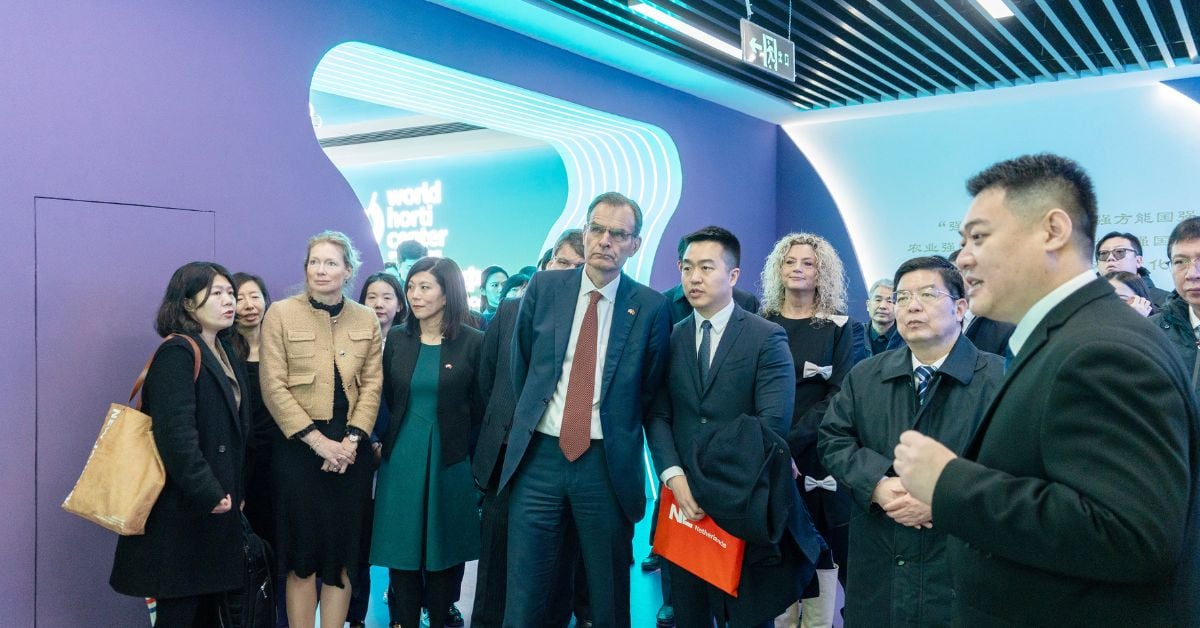
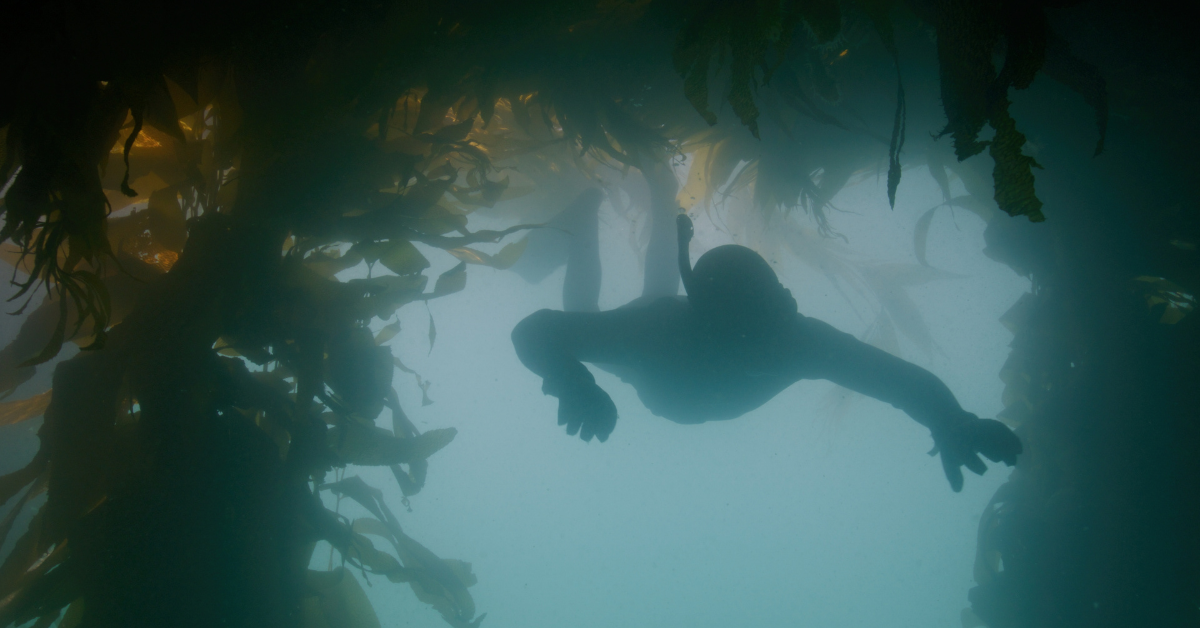
.png?h=628&iar=0&w=1200)

